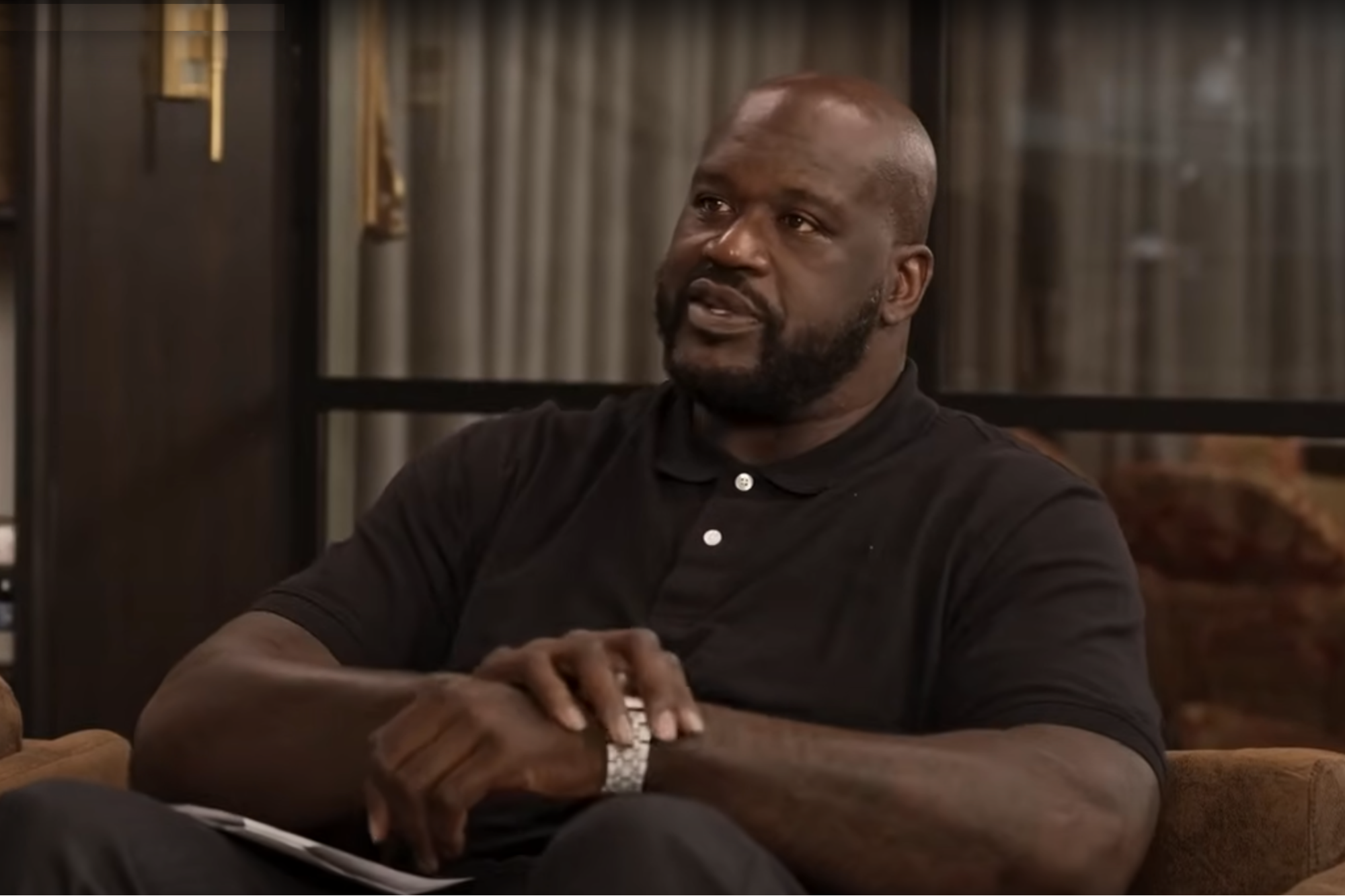Former Peanut Company CEO Sentenced to 28 Years for Deadly Salmonella Outbreak Stewart Parnell was convicted of knowingly shipping salmonella-tainted peanuts to customers.
By Reuters
This story originally appeared on Reuters

The former owner of a peanut company in Georgia was sentenced to 28 years in prison on Monday for his role in a salmonella outbreak that killed nine people and sickened hundreds, a rare instance of jail time in a food contamination case.
Stewart Parnell, 61, who once oversaw Peanut Corporation of America, and his brother, Michael Parnell, 56, who was a food broker on the company's behalf, were convicted on federal conspiracy charges in September 2014 for knowingly shipping salmonella-tainted peanuts to customers.
Contamination at the company's plant in Blakely, Georgia, led to one of the largest food recalls in U.S. history and forced the company into liquidation.
U.S. District Judge Louis Sands gave Michael Parnell 20 years in prison. Mary Wilkerson, 41, a former quality control manager at the plant who was found guilty of obstruction, was sentenced to five years in prison.
Stewart Parnell faced life in prison and his brother faced about 24 years.
The Justice Department described Stewart Parnell's sentence as the largest in a food safety case.
Before the judge issued the sentences, Stewart Parnell said; "This has been a seven-year nightmare for me and my family. I'm truly, truly sorry for what's happened."
At Monday's hearing in Albany, Georgia, relatives of several victims described their suffering and asked for stiff sentences.
Jeff Almer, of Brainerd, Minnesota, said his mother, Shirley Almer, died after eating tainted peanut butter in 2009, one of 714 people to fall ill.
"My mother died a painful death from salmonella, and the look of horror on her face as she died shall always haunt me," he said.
"I just hope they ship you all to jail," Almer said.
Stewart Parnell's attorney, Tom Bondurant Jr. vowed to appeal, contending that the sentences were too harsh. Under federal rules, the defendants will have to serve at least 85 percent of their sentences before being eligible for parole.
"Given the ages of these two men, this is a life sentence," Bondurant said.
During the trial, prosecutors said the brothers covered up the presence of salmonella in their company's peanut products for years, even creating fake certificates showing they were uncontaminated despite laboratory results showing otherwise.
The Parnells have said they never knowingly endangered customers.
"No one thought that the products were unsafe or could harm someone," said Stewart Parnell's daughter, Grey Parnell. "Dad brought them home to us. We all ate it."
(Additional reporting by David Beasley in Atlanta and Letitia Stein in Tampa, Florida; Editing by David Adams, Lisa Shumaker and Sharon Bernstein)










